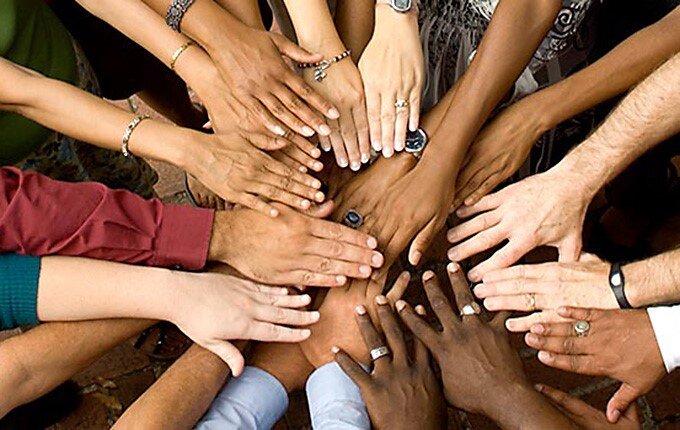Get Challenging Supporters All In for Healing
Support can mean many things to people, but a commonality is a desire to feel included and valued by those we love and society. When we feel pain or fear, it is human nature to crave love and encouragement. People with a history of trauma are in greater need of external sources of empathy to help jumpstart our own abilities to cultivate that loving-kindness for ourselves. Sadly, the depths and complexity of our experience can make it difficult for people, even those to whom we are most bonded, to understand and subsequently assist us during our hardship.
At the beginning of the month, four types of support systems, and one nonsupporter, archetypes were highlighted ranging from the most passive type of involvement to the most active. When you understand the mindset of someone who you might be seeking advice or support from, you can ensure that you set healthy boundaries and expectations. This will be essential for you to maintain thriver mindset and continue your path in reclaiming your going-forward story. However, it is always helpful to have a few tools to assist you in navigating these relationships. In this blog, we will cover a few exercises to help you gain more clarity and peace on how to interact with each of these supporters who might be involved in your life.




